Welcome to issue 46 of the Call to Comms!
Every year, the United Nations Office for the Coordination of Humanitarian Affairs (UNOCHA) publishes a report assessing the world's humanitarian needs for the coming year, and the means to respond. This year’s report just came out – here’s what the world’s biggest humanitarian challenges might look like in 2024, with TSF’s outlook as a humanitarian NGO.
Also this week: an open internship position at TSF, and the latest news.
The Global Humanitarian Overview 2024
What do I need to know?
- 299,4 million people will need humanitarian help in 2024
- The three main drivers of humanitarian needs are conflict, the climate emergency, and economic factors.
“More people are displaced now than at any other time since the beginning of the century.”
How are conflict, climate change and the economy impacting humanitarian needs?
Conflict has a cost - on average, the economic cost of violence represented 34% of the 2022 GDP of the ten countries most affected by violence. Conflict is one of the main factors of displacement, with more than 114 million people estimated to have been forcibly displaced by violence and nearly 1 out of 5 children now living or fleeing from conflict. People are also forcibly displaced due to climate – the climate crisis is a “threat multiplier”: it exacerbates humanitarian needs, amplifies conflict, intensifies food insecurity and particularly impacts people in already vulnerable situations.
“Climate-related disasters increased by 2.5 times in current decade compared to 1980s.”
The year 2023 is set to be the hottest on record. Extreme weather events are linked to increased displacement, risks, and pre-existing vulnerabilities. Out of the 14 countries currently most at risk to the climate crisis, 13 will have a humanitarian response plan in 2024.
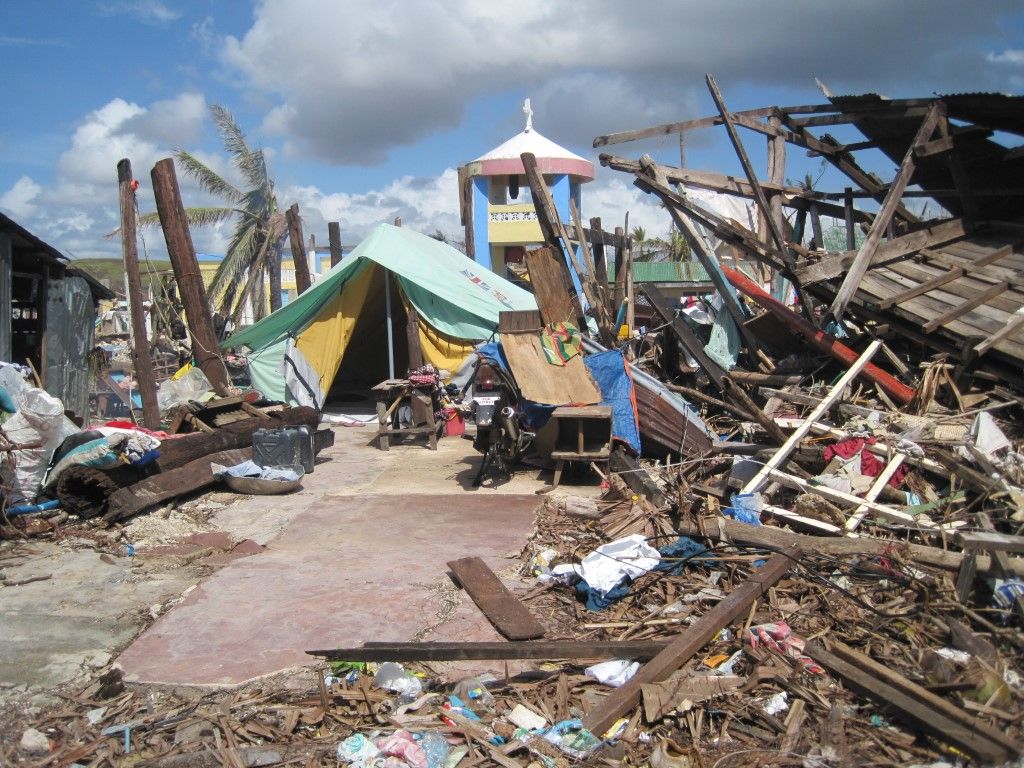
Open positions
TSF is looking for a Communications Intern! Applications are welcome until January 12, 2024. Learn more about the position and how to apply here.
This week’s reads
1- Humanitarian situation in Gaza
- On December 6th, UN Secretary-General Antonio Guterres invoked Article 99 of the UN Charter, calling on the UN Security Council’s responsibility to demand a humanitarian ceasefire in Gaza.
- This measure has been taken only a few times before, during major humanitarian crises – and this is the first time Guterres used it since he took office in 2017.
- The Security Council failed to adopt the resolution due to a veto by the United States.
- Gaza humanitarian crisis deepens as fighting rages on across the Strip
2 - Monitoring space weather using satellite mega-constellations
- Imperial College London’s Dr Archer and Eutelsat OneWeb will collaborate to use satellites to research and monitor space weather.
- The project could help protect satellite operations as well as power, communications, navigation, and transport systems.
- Eutelsat Group is a TSF’s partner.
3 - Funding shortfall in the humanitarian sector
- For 2023, the UN received “just over one-third of the $57 billion required, making this the worst funding shortfall in years”, the Under-Secretary-General for Humanitarian Affairs and Emergency Relief Coordinator Martin Griffiths said.
- For 2024, the target had to be scaled back to helping 180.5 million people in need of humanitarian aid, and for this purpose has required $46.4 billion for 2024.
See you next week!
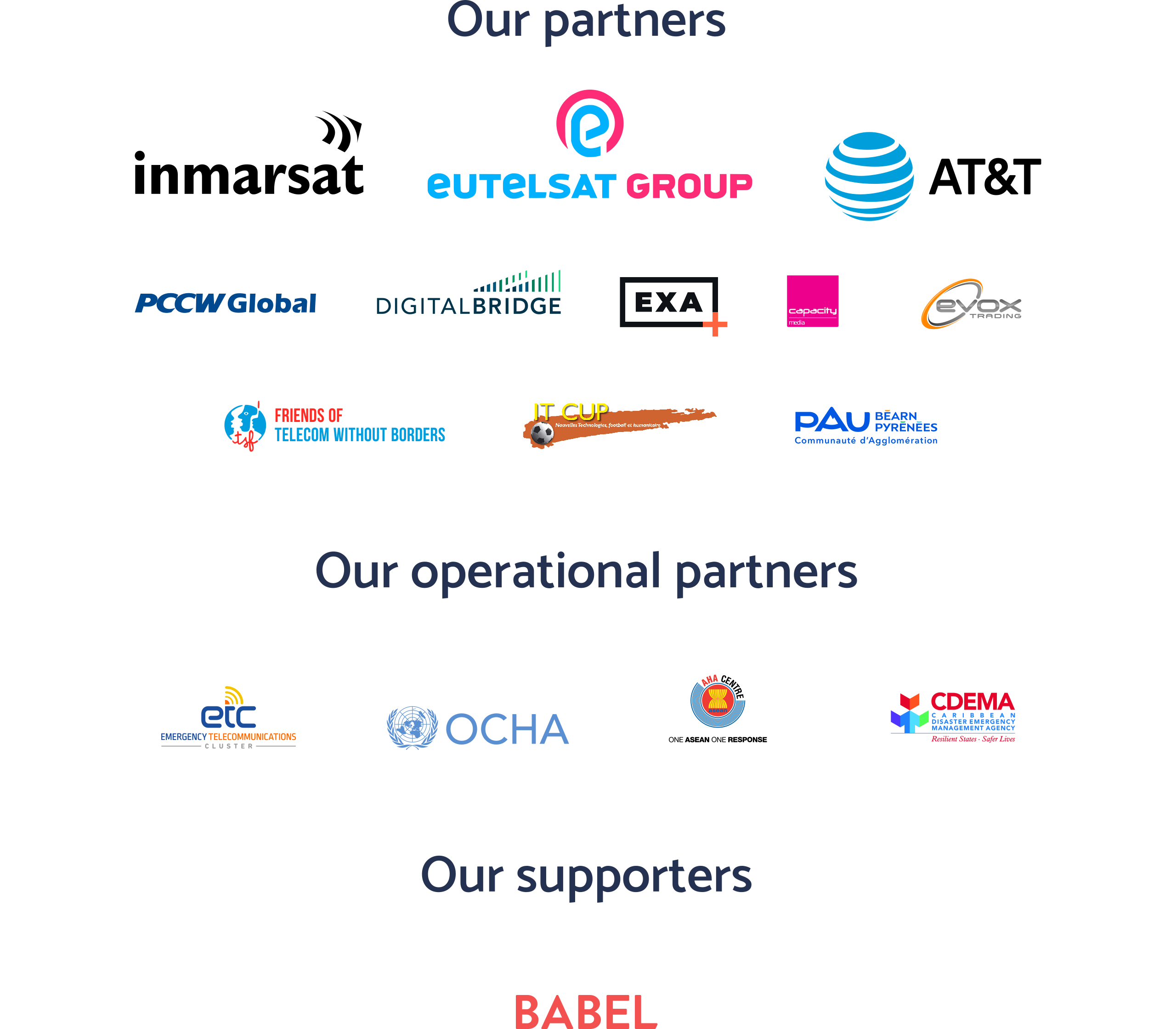


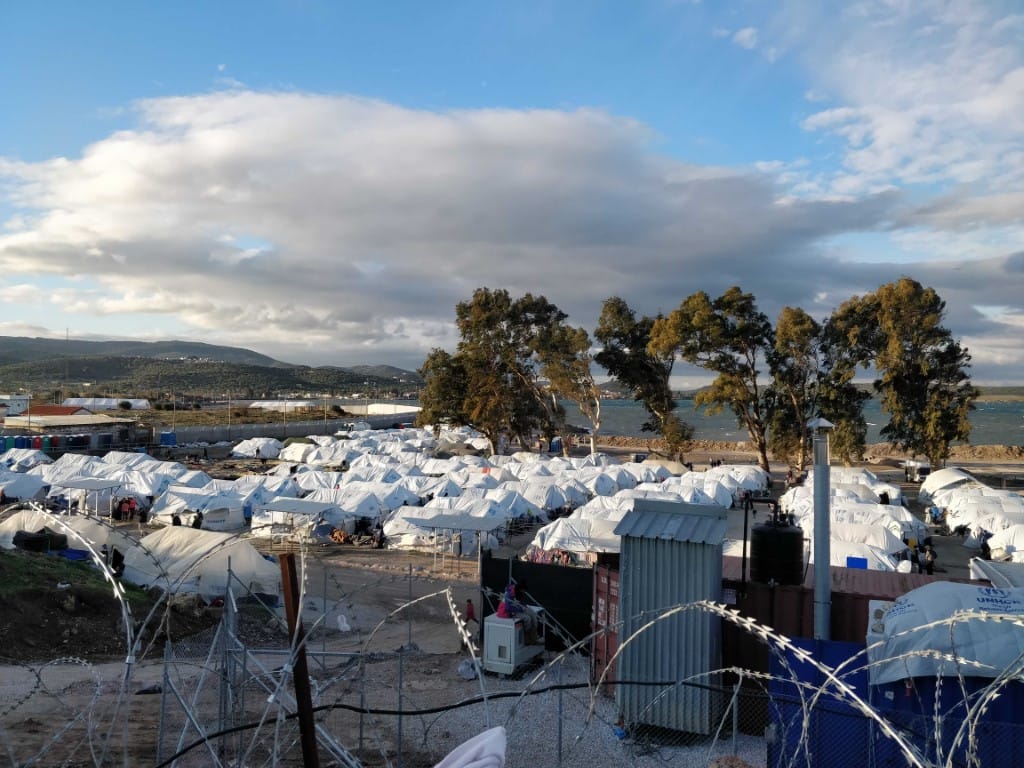




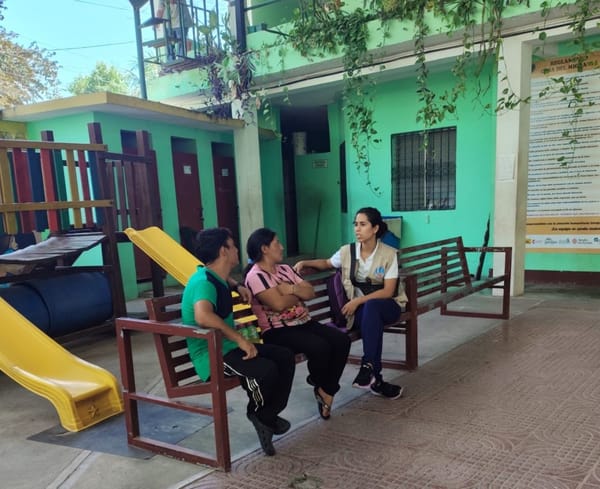


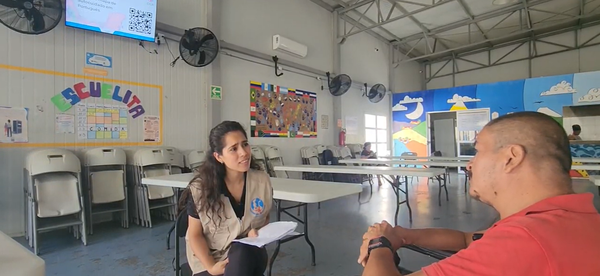
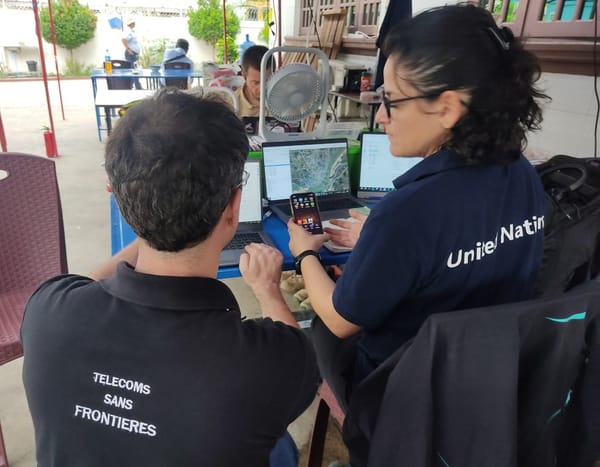
Member discussion